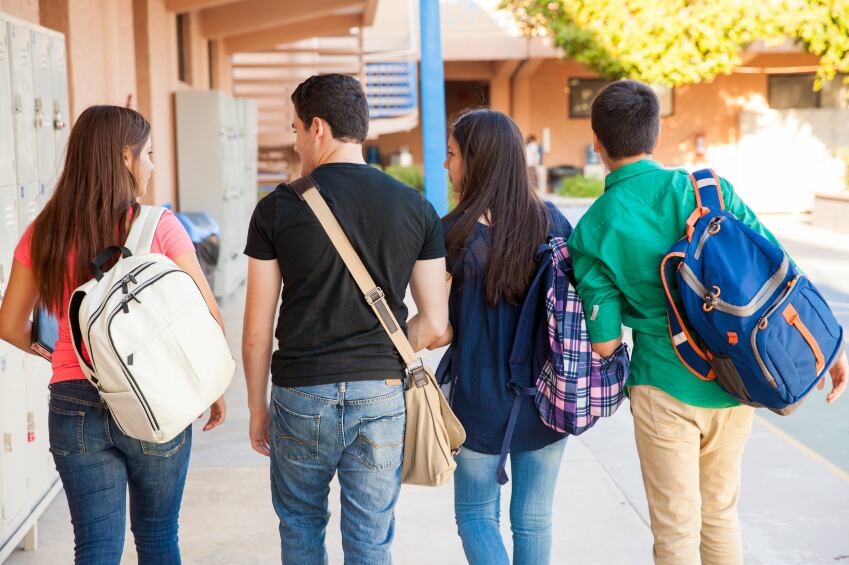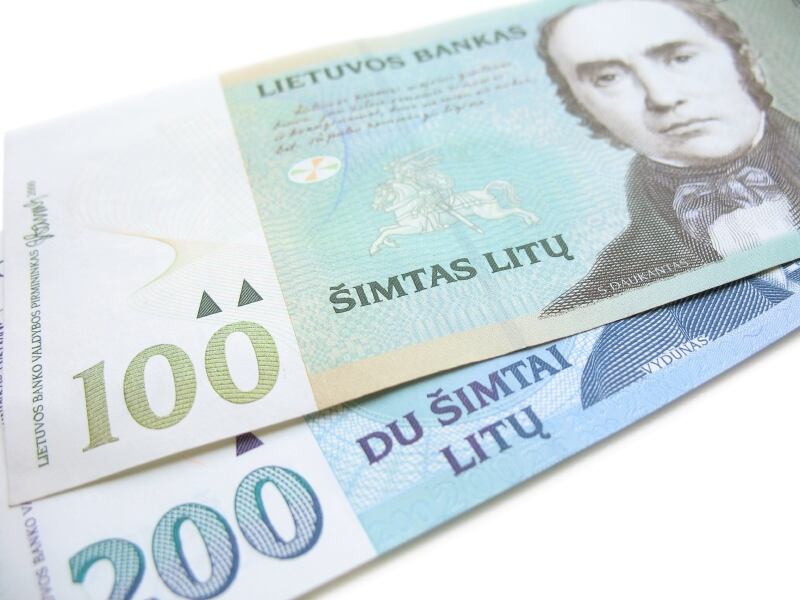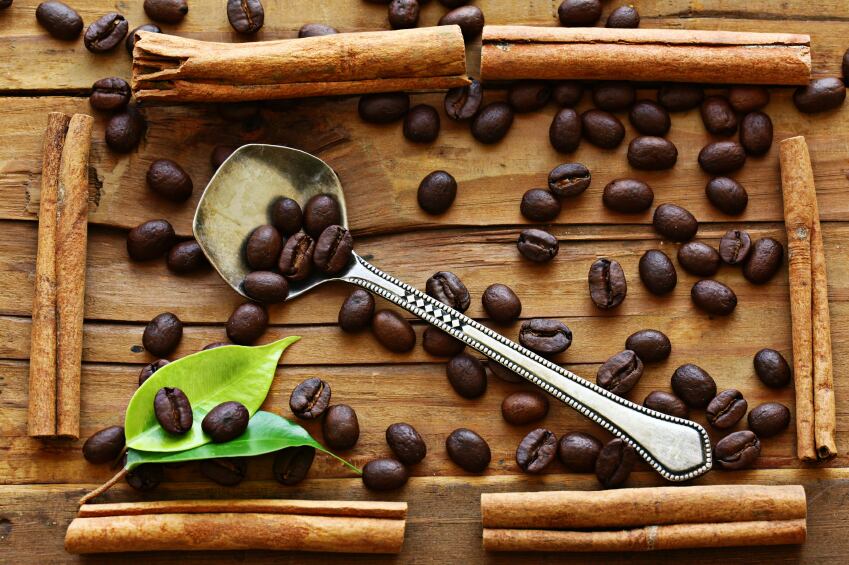Decided back in May this year, the ban follows another on advertising energy drinks to under 18s in place from 1st January 2014. This total ban on sales to under 18s, effective as of November 1st, will cover drinks containing at least 150 mg per litre of caffeine. A typical can of Red Bull contains 80 mg of caffeine in a 250 ml can.
Roberta Kniuipyte, senior research analyst for Euromonitor International, said the ban could be followed in other markets and was informed by the results of a European Food Safety Authority (EFSA)–commissioned study published in 2013 which suggested energy drinks were consumed primarily by teenagers, accounting for almost 70% of sales in Europe. In Lithuania the figure is about 50%.
Speaking with NutraIngredients, Marius Kazakevičius, senior specialist for the country’s State Food and Veterinary Service (SFVS), said the move was cautionary and did not place energy drinks alongside tobacco and alcohol in terms of public health risk.
Sending a message

“The purpose of this ban is to protect youth health, because there has been plenty of scientific research done, which confirmed the harm of energy drinks, especially to young people,“ he said.
Yet Kniuipyte said this move so soon after the initial ban on advertising showed “drastic movement” in just a short time period, which did not give the energy drinks market time to adapt.
“The usual practice might have involved increase of sales tax to deter the consumption, however Lithuania wanted to draw attention [to the fact] that teenagers have been chosen as a target consumer group by the largest multinational energy drinks producers,” she said.
The SFVS said it had not prepared any guidance for manufacturers or retailers to help with the transition, but had not received any official complaints since the ban was unanimously voted in by the Lithuanian parliament. Kazakevičius said there were no other plans for further laws on caffeinated drinks in the country.
A €26.4 million market
Kniuipyte said the ban would be a “severe blow” to the Lithuanian energy drinks market, with under-18s accounting for more than half of sales.
According to Euromonitor data, the energy drinks market in Lithuania was worth €26.4m in 2014, up from €17.9m in 2009. This sat against an atmosphere of general growth in Europe, with the market in Western

Europe growing from €4,713.3m in 2009 to €7,197.6m in 2014 and €1,147.6m to €1,859.1m in Eastern Europe, respectively.
Kniuipyte said energy drinks had shown rapid expansion in Lithuania during the last decade with Red Bull holding a 31% majority share of the market but local players also tapping in. The segment had seen an average annual volume growth of 17% between 2011 and 2013 in Lithuania, but this was set to decline with what she called a “negative legislative environment”.
“A fraction of sales will move to private imports of this drink from neighbouring countries, and part of it will likely be replaced with substitutes, such as RTD [ready to drink] coffee, while the main threat lies in the magnitude of EU countries following the lead of Lithuania‘s action.
“Energy drinks sales in Lithuania comprise just a small part of energy drinks sales in Europe, therefore larger markets banning the sales to under age people would cause a significant sales movement downwards."
In 2012 the United Arab Emirates banned the sale of energy drinks to under-16s while Saudi Arabia recently imposed marketing restrictions on them, according to regional press reports.
Considering caffeine

Caffeine safety has been an issue batted between EFSA and policy makers at the European Commission and EU member states since 2011 when EFSA issued several positive health claim opinions for caffeine around attention and energy. But these claims have yet to enter EU law books due to concerns about how claims could alter caffeine consumption.
EFSA is investigating the possibility of safe upper limits for caffeine as well as conditions around use and physical activity with a report due in April.
“If there will be new announcements the Ministry of Health together with SFVS will look into that matter,“ Kazakevičius said.
